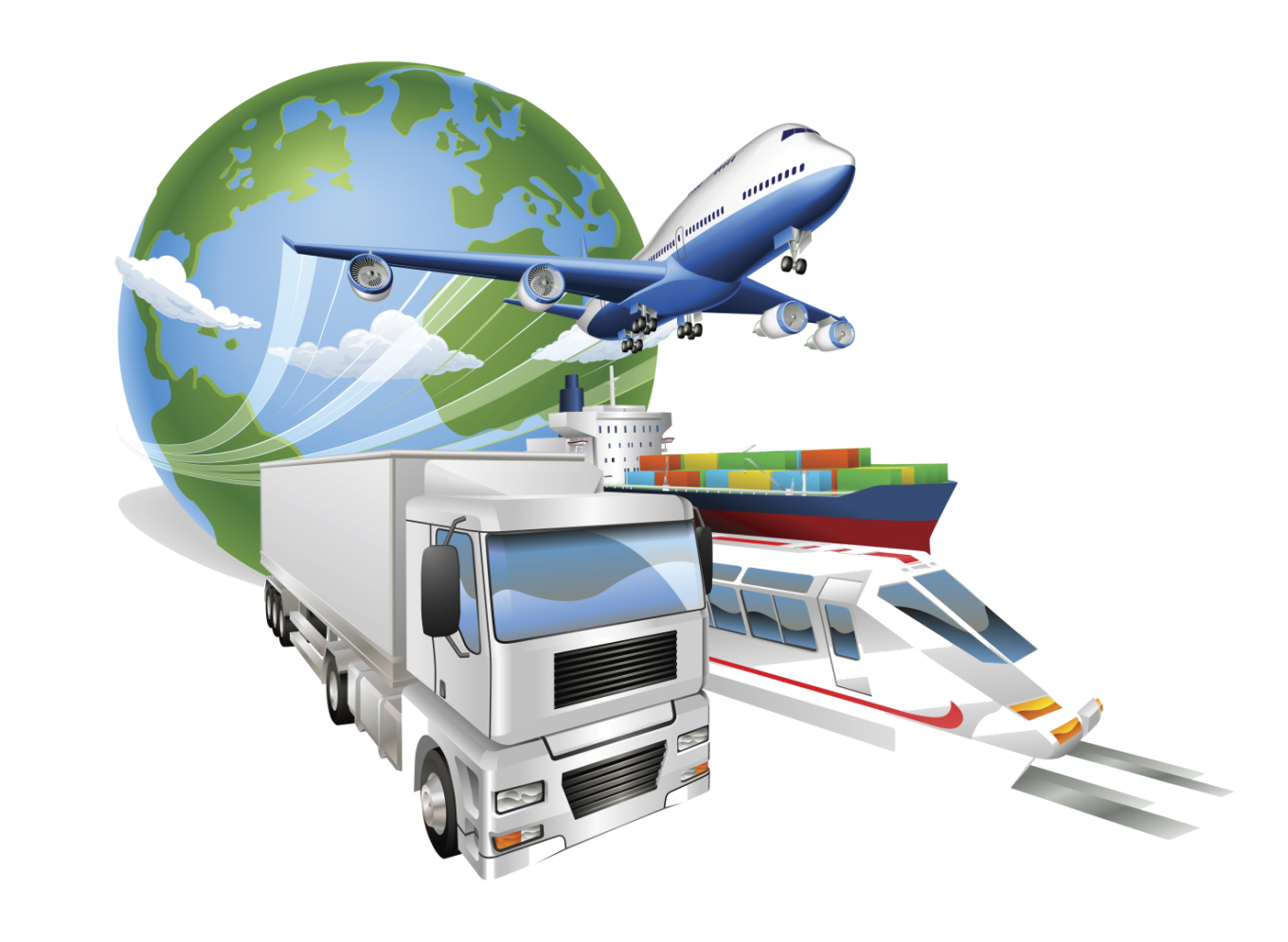
The recent pedestrian fatality caused by an automated vehicle has sent shockwaves through the world, as these types of vehicles are said to be a safer alternative to human-driven cars. Just one of the areas that this tragic event has touched is the logistics industry. Will AI continue to be integrated at such a fast pace into the logistics sector? Or will a more cautious approach prevail? In answering these questions, we will look at the current state of the industry and at proposed developments.
The Logistics Industry Today
Many would argue that the logistics industry is in a healthy state as it is, with no need for drastic change. And it is easy to see why, as customers today have multiple ways to send parcels quickly and affordably. They also along with greater reliability thanks to services like National Pallets. What’s more, they have access to extras like free insurance, express delivery and guarantees when it comes to delivery times. Features like these really add up and will be extremely hard to improve upon.
Coming Changes to the Logistics Industry
Heavy-duty trucks powered by AI are currently in development, meaning that the rate of progress isn’t slowing down. In fact, solutions like these driverless trucks look likely to become commonplace in the future. The companies advocating them claim that they will improve efficiency and help to exceed customers’ expectations.
Another coming innovation could be the use of blockchain technology in supply chains. This could be used not only for payments, but to share information securely and to track consignments automatically as they travel around the world. One of the advantages of blockchain technology is that it is almost impossible to tamper with any data, as all information is stored in a decentralised way. This could make theft a thing of the past and ensure that manifests are always correct.
Drone technology is usually mentioned in any scenarios involving the future of logistics, and this is because it is looking more and more likely that that self-piloted drone delivery will become an everyday occurrence. Whether drones will replace other forms of transport will remain to be seen, as current logistics networks rely on the ability to deliver heavy pallets over long distances – something that drones cannot yet handle.
In fact, so much is uncertain about the future that the only safe bet is that technology will be allowed to evolve at a fast rate despite tragic accidents that might occur along the way. One thing to bear in mind, though, is that current logistics solutions do in fact embrace technology – using everything from mobile apps to advanced tracking – and it could be argued that we are already living in the future of logistics.

Founder Dinis Guarda
IntelligentHQ Your New Business Network.
IntelligentHQ is a Business network and an expert source for finance, capital markets and intelligence for thousands of global business professionals, startups, and companies.
We exist at the point of intersection between technology, social media, finance and innovation.
IntelligentHQ leverages innovation and scale of social digital technology, analytics, news, and distribution to create an unparalleled, full digital medium and social business networks spectrum.
IntelligentHQ is working hard, to become a trusted, and indispensable source of business news and analytics, within financial services and its associated supply chains and ecosystems




























